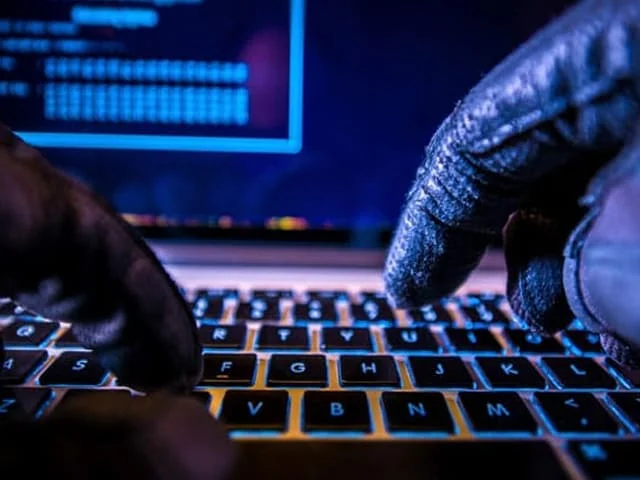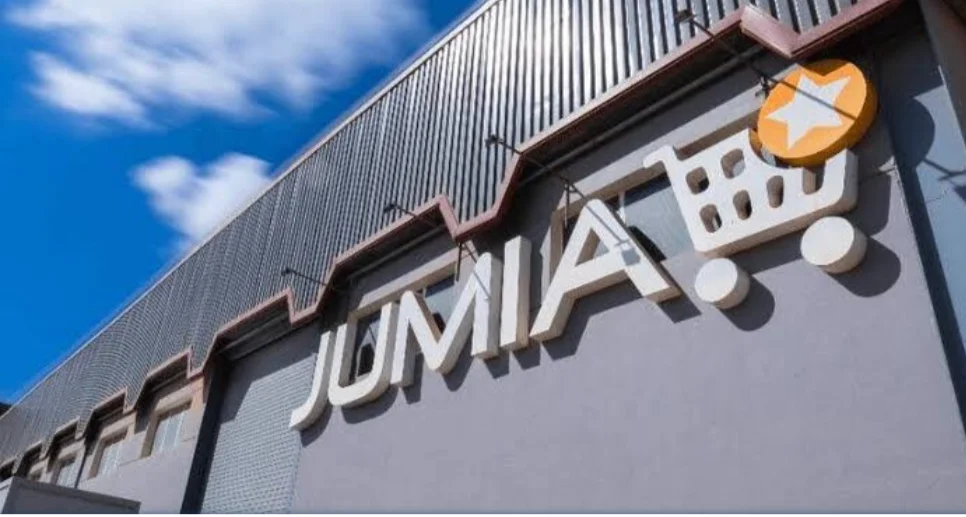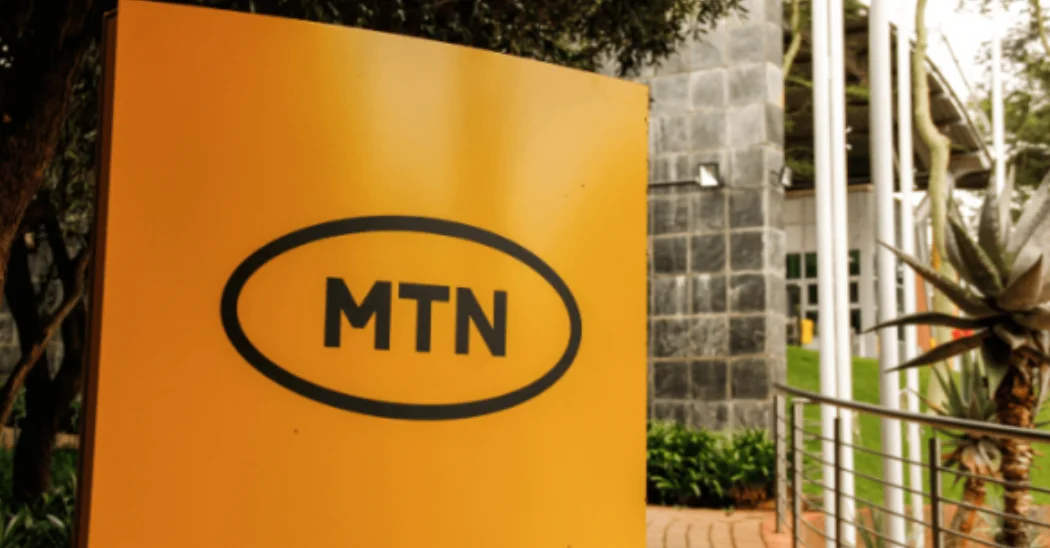Behind every fast and easy digital payment is an ongoing, unseen battle against fraud. While millions of Nigerians send money with a simple tap, compliance and risk teams work nonstop in the background, blocking suspicious activity long before users even notice anything is wrong.
One person deeply familiar with this behind-the-scenes world is Christopher Gunias, the Compliance Chief at VitalSwap. Though he operates from the United States, Gunias oversees risk processes across multiple markets, including Nigeria. His perspective reveals how dramatically fraud has evolved, and how much harder it has become to fight.
AI Is Fueling a New Wave of Digital Fraud
Fraud attempts have surged significantly, and the reason is unmistakable: artificial intelligence.
“We’re far past the days of walking into a Western Union office with cash,” Gunias says. “Now everything happens online, and scammers are using AI to create fake photos, doctored IDs, and highly convincing digital documents.”
AI-powered manipulation has made fake identification extremely realistic. Automated systems often catch these forgeries, but manual reviewers face far more difficulty identifying well-crafted counterfeits.
This shift has contributed to roughly a 25% increase in fraud attempts in just a few years, an alarming rise in a sector already dealing with intense regulatory pressure.
Social Media Is a Goldmine for Identity Thieves
Beyond fake IDs, scammers rely heavily on information people freely post online.
“Fraudsters pull your photos, your birthday, personal details, everything,” Gunias explains. “Then they use AI to generate fake documents or even access your real accounts.”
With the right stolen information, criminals can open accounts in someone else’s name or launder money undetected.
Onboarding: The First Defence Against Fraud
Most fraud attempts happen during account creation, which is where compliance systems are best equipped to stop them.
“Onboarding is the easiest stage to detect fraud,” Gunias says. “We have technology for spotting fake documents, and our teams look for inconsistencies.”
However, this is only the first layer of protection. The harder challenge begins after an account is successfully created.
The Hidden Threat: Fraudsters Who Get Past Initial Checks
Some criminals use legitimate IDs during onboarding. Once inside, they switch tactics, performing illegal transactions under genuine-looking accounts.
“That’s where it gets difficult,” he says. “They’re already in the system.”
These bad actors typically start small to avoid detection. But eventually, they push their luck, triggering automated risk rules and deeper reviews.
“When patterns change, we investigate and shut down the activity.”
Nigeria’s Unique Challenge: Verification System Downtime
A major obstacle for Nigerian fintechs is the reliability of identity verification systems, especially the NIMC database.
When these systems go offline, fintechs face a tough decision: slow down onboarding or risk letting fraudsters slip through.
“If a third-party tool goes down, we shift to manual review,” Gunias says. “But when local systems take days to come back, we must delay some applications entirely.”
Simple cases are reviewed manually; complex ones are paused for safety.
“We’d rather lose a customer than let a bad actor into the system.”
Why Fraudsters Hate Verification—and Give Themselves Away
Interestingly, most genuine customers understand that identity checks are normal. It’s the fraudsters who push back aggressively.
“Those who fight verification the hardest usually raise red flags,” Gunias notes. “They use urgency or threats to pressure us.”
A common tactic is claiming influence:
“I’m a social media influencer. If you don’t approve me now, I’ll damage your brand.”
To compliance teams, this behaviour is often proof of malicious intent.
What Nigeria Needs Most: A Change in Customer Mindset
When asked what would improve Nigeria’s fintech safety, Gunias doesn’t point to new policies or technology. Instead, he emphasises public understanding. “To protect you, we must know who you are,” he says. “We’re not collecting your data to spy or sell it. We’re doing it for security.”
Compliance teams are often misunderstood, he adds. “People think we’re watching them. In reality, we’re keeping them safe from fraud they never see.”
The Silent Protectors of Nigeria’s Fintech Boom
As Nigeria’s digital finance industry expands, compliance and risk teams remain its quiet protectors. Their work—reviewing documents at odd hours, monitoring transactions, and blocking suspicious activity, keeps customers safe and businesses afloat.
When they do their job well, users never notice. Transfers go through effortlessly, wallets remain secure, and the digital economy keeps moving.
And behind that smooth experience are invisible teams like Gunias’s, working continuously to make sure Nigerian fintech stays safe.










